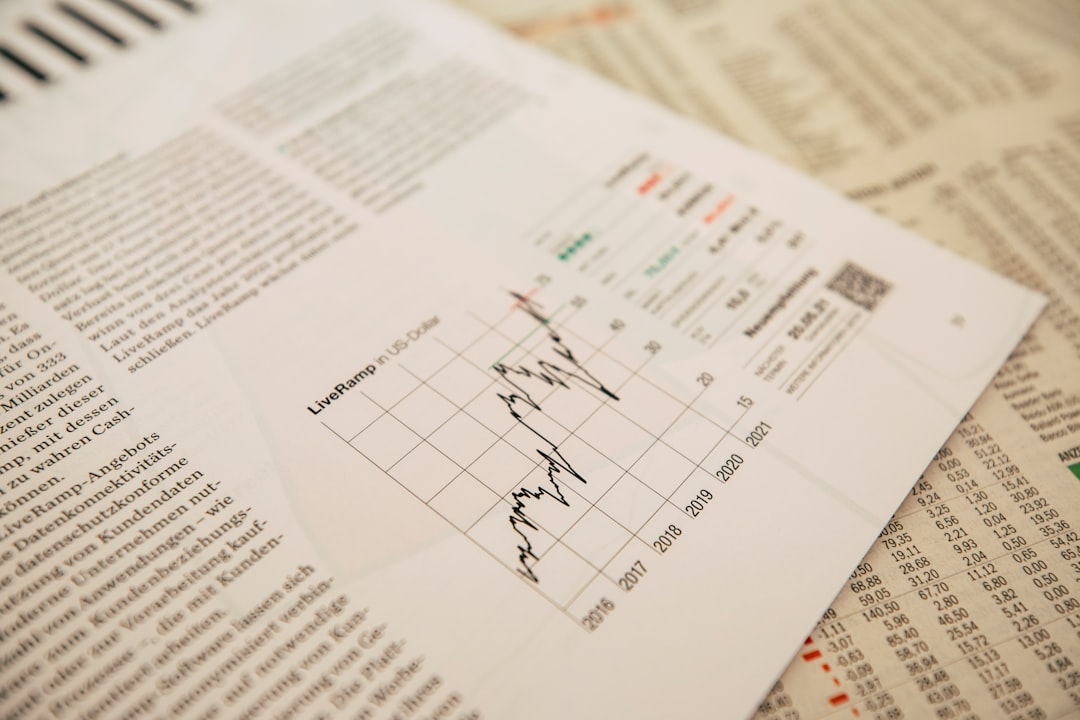Forget the 'Amazon of China'—Here's the Brutal Reason One Stock Soared 650% While the Other Stagnated

It was once hailed as the "Amazon of China," a tech titan destined for global domination. But a decade after its blockbuster IPO, Alibaba Group's story has taken a shocking turn, especially when compared to its American counterpart, Amazon. Both companies rule the worlds of e-commerce and cloud computing, but their stock charts tell two completely different stories.
Since 2014, Amazon's stock has skyrocketed an astonishing 650%, creating immense wealth for investors. Alibaba? It has struggled to gain even 120%. This massive performance chasm raises a critical question for every investor: what went so wrong for the Chinese giant?
A Tale of Two Investments
When Alibaba went public, the hype was deafening. Investors saw a company with a stranglehold on China's booming digital economy, a surefire bet for explosive growth. Yet, the reality has been a brutal lesson in market dynamics. While Amazon has consistently rewarded its shareholders by expanding its empire and its valuation, Alibaba’s journey has been a rollercoaster that has left its stock price lagging far behind.
The numbers don't lie. A long-term investment in Amazon has proven to be one of the most lucrative plays of the last decade. In stark contrast, holding Alibaba stock has been an exercise in patience with very little payoff. This staggering divergence begs the question: are these two companies even playing the same game?
Under the Hood: A Flawed Engine?
The answer may lie in their fundamentally different business models. While they look similar on the surface, their profit structures are worlds apart. Amazon has successfully diversified its revenue streams, with its Amazon Web Services (AWS) cloud division becoming a massive profit engine in its own right.
Alibaba, however, operates on a different foundation. The vast majority of its profits are still generated by its core Chinese e-commerce marketplaces. This heavy reliance on a single segment creates significant vulnerability. Its own cloud business, while large, operates on razor-thin margins and contributes little to the bottom line. Meanwhile, its other ventures into digital media and innovation have largely been unprofitable, acting more as a drain on resources than a source of new growth.
This concentration of profit in a single, highly competitive market exposes a critical weakness. As investors look to the future, the key question remains: can Alibaba re-engineer its business to build a more resilient profit machine, or will it forever be stuck in the shadow of its high-flying American rival? For now, the decade-long performance gap offers a sobering verdict.



